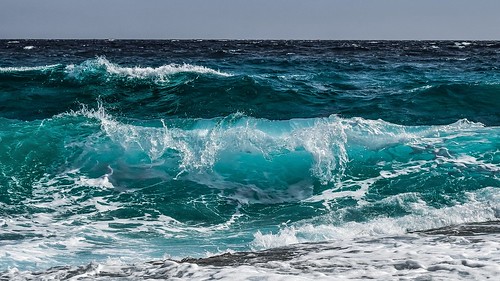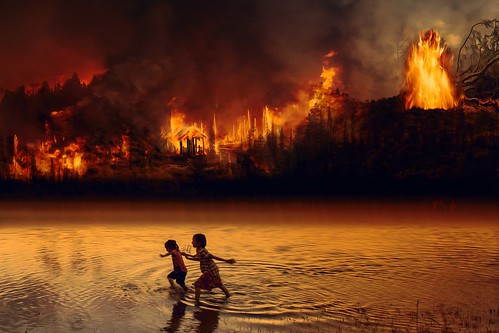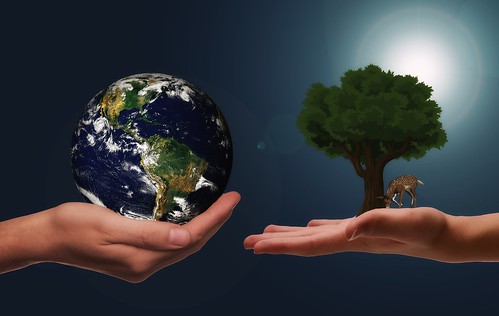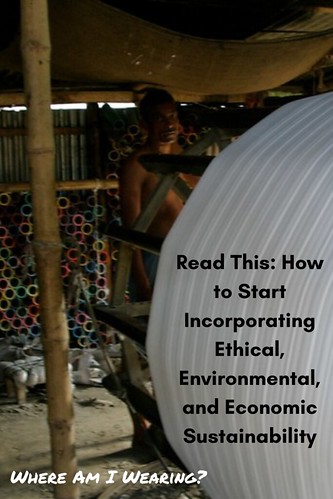I drove down to Myrtle Beach last spring break. Upon arriving, I couldn’t help but notice the mounds of litter huddling around the stop sign at an intersection. While walking around, I was able to observe the murky waters of this popular spring break spot. I wondered how the ecosystem in the local ocean was able to survive the hazards caused by beachgoers, and how it affected the local water quality.
South Carolina is one of six states that receive natural gas from the monopoly Duke Energy. This natural gas provider has been involved in multiple lawsuits and negotiations against the coal ash that they have produced and disposed of in improper ways, including in the local groundwater, by poisoning the water of residents and leading to unforeseen health implications. This not only affects the people of nearby communities but also the aquatic life, including select local seafood, that ends up on your dinner plate.

WHY SHOULD YOU CARE?
Sustainability is our ability to fulfill our essential needs without compromising the needs of future generations. Yet at the current rate of global warming, our needs may be compromised before we know it, due to the loss of valuable resources.
Climate change is affecting all of us, whether we like it or not.
No one wants to live in an unbreathable, impoverished wasteland. The effects of climate change range from implications to your own health to the quality (and even price) of the food that ends up on your dinner table.
Health

Health is wealth, as my mother always says, yet when we are withering our own planet away, we’re also harming ourselves. Health complications will be on the rise due to a lack of clean air and water; this has already proven to be higher in communities systematically affected by climate change—it is not far from unrealistic to become almost everyone’s reality. It’s never a bad idea to dig in and see the effects of climate change on your region.
Rising Sea Levels

Tourists and locals alike may soon find themselves relocating further inland due to coastal cities being flooded because of rising sea levels. Imagine the approximately 3 billion people living in coastal cities worldwide, collectively migrating to central locations—it’s a recipe for disaster, right?
Realistically speaking, climate change is currently not the sole reason for some to relocate, but it is a factor…and over time if no action to combat climate change is taken, it may, in fact, become the sole reason for many. From today to 2050, an estimated 680,000 people are projected to move from Central America to the United States, and of course, as climate change progresses for the worse, those numbers are projected to rise.
Forest Fires

Regardless of socioeconomic status, everyone is affected by climate change, but of course, some groups of people are hit harder than others. Forest fires due to the rise in global temperatures will also influence migration—and to make matters worse in terms of living conditions, the housing market in areas affected by forest fires will take a big hit.
Forest fires will inevitably lead to the loss of resources used to build homes, making it much harder for people to transition into buying their own house and potentially leaving some people homeless. There are also health implications caused due to emissions caused by wildfire. The highest at risk in this situation are children, pregnant women, and the elderly, and the health effects can be as minimal as a respiratory tract infection…or as serious as death.
Agriculture

It’s safe to say that 100% of the global population would have a hard time surviving if they had no food or low-quality food. Agriculture is extremely important to not only us as consumers, but it is also an important factor in any economy in any given country. The quality of produce from agriculture or fisheries is highly dependent on climate change. Essentially, the rise in CO2 will harm crops, affect the availability of water, and affect their nutrient components; the crops that do survive will be of low quality. The lack of crop production, in general, will cause the demand to increase, thus causing the cost of produce ( and groceries in general) to skyrocket. Expensive, low-quality groceries are not in anyone’s favor, and malnourishment will lead to further health implications.
THE THREE PILLARS OF SUSTAINABILITY
There are three pillars of sustainability that have a larger impact on you than you can imagine. This series of articles will explain how important the three pillars of sustainability are in terms of climate change—and why it is important to work to address them now. They are:
Environmental Sustainability

The most obvious pillar of climate change sustainability is environmental. The human race advanced because we have worked tirelessly to create technologies that help us live life at ease. Yet, the cost of these luxuries can be just as damaging as they are rewarding. On both nationwide and global scales, most of us tend to rely on some sort of commuter vehicle rather than walk or carpool. The carbon footprint left by us at an annual level can be alarming. This leads to unwitting pollution that harms our own health, leading to medical expenses that could potentially be avoided.
These effects harm various communities much differently. It has been documented that underrepresented communities have fewer resources available to combat the effects of climate change, in contrast to well-off communities.
Some communities tend to systematically have more landfills or less clean air than others, causing more harm to residents than to the people who are responsible for the waste. Furthermore, indigenous lands especially fall victim to the environmental effects of climate change, as they are disproportionately affected by these repercussions, which harm natives and their sacred lands. Tribes have been fighting climate change on their own front lines. For example, due to the effects caused by climate change, warmer waters have led to detrimental algae blooms—affecting their food and water supplies. Alaskan tribes have been working to identify through the use of microscopy. Extreme weather effects of climate change are felt first by the tribe; the damages harm their sacred lands, such as forest fires in California causing damage to the Karuk tribe, leading to the displacement of countless people.
Ethical Sustainability

Many of us have heard the phrase “we only have one earth,” and, quite frankly, it’s true. We have one earth with limited resources—and it is our responsibility as its inhabitants to treat it with care and respect.
Companies may litter the ocean, yet the damage that is done circles back into their families' drinking water; no one wins in this typical scenario. Furthermore, poachers can harm the other animals living in the ecosystem, such as hunting sharks for their fins or teeth, leading to their possible endangerment as well as extinction. The loss of sharks would be detrimental to the well-being of the entire ecosystem. As a keystone species in the food chain, there would be an immense loss of aquatic life if sharks were to die off. Three billion people across the globe eat seafood as their main source of nutrition…and this drastic resource loss can potentially endanger the human population that is reliant on seafood.
Ethical sustainability, in turn, is how well we treat and respect our planet without using up all of its resources and destroying its ecosystems in the name of greed.
An important point about ethical sustainability includes effectively wasting as few resources as possible while preserving local ecosystems by living in a viable manner .
Economic Sustainability

Climate change has an undeniable effect on the planet—but it also has an economic aspect that comes into play. Rising temperatures have an inevitable effect on the yield of crops, as well as the destruction of limited resources. This will have an effect on the quality of the food that ends up at our dinner table.
With this being said, limited crops will cause a price increase in consumer goods, as well as groceries. This means a lack of cotton, which in turn causes a lack of clothing production. Fast fashion currently is overproducing and wasting resources on non-sustainable clothing, which is worn maybe once or twice a year then tossed. When a new item of clothing is needed, it is just bought. This reality may be short-lived in a few years, as resources are depleted and sustainable clothing becomes more scarce to obtain. Amazon and other clothing platforms' returns also add to this issue. More than 90% of the time, the plastic packaging used in these orders does not get recycled and ends up in a landfill.
It’s not too late to turn things back around for our planet.
Climate change to date is in fact irreversible, yet we can prevent it from becoming worse and salvage what we can.
In your day-to-day life, there are many practical things that you can do to make a difference not only to ensure that you can live sustainably but also for your grandchildren and their children.
Read more in this series:
 Read This: How to Start Incorporating Ethical, Environmental, and Economic Sustainability. Kelsey Timmerman's Where Am I Wearing?
Read This: How to Start Incorporating Ethical, Environmental, and Economic Sustainability. Kelsey Timmerman's Where Am I Wearing?
 Climate Change: Ten Small Ways to Make a Big Difference
Climate Change: Ten Small Ways to Make a Big Difference
Hala Khabir, the Climate Change and Sustainability Editor for Wandering Educators, is a Biology major at The University of North Carolina at Charlotte and is passionate about the study of medicine as well as advocating for climate change awareness.
